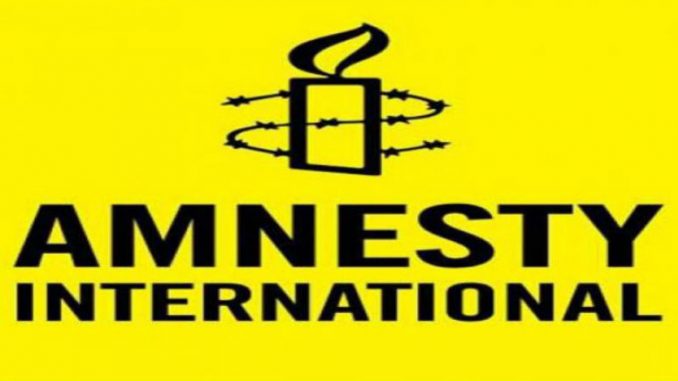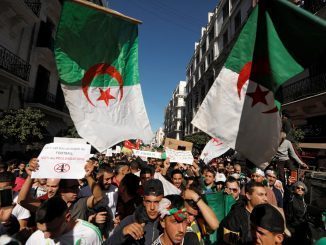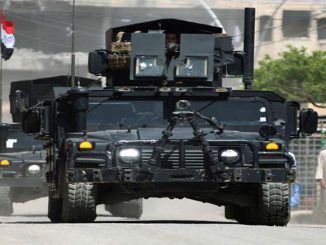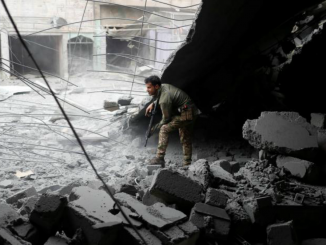
More than 300 Iraqis have been killed, thousands injured since protests broke out last month
Amnesty International has called on Iraqi authorities to rein in security forces, amid anti-government protests that left scores dead. The human rights group has previously condemned the Iraqi authorities for their deadly use of military-grade tear gas grenades to counter prote
On Saturday, at least seven protesters were killed as security forces attempted to clear demonstrators in Tahrir Square in Baghdad.
“Iraqi authorities must immediately order an end to this relentless, unlawful use of lethal force,” Heba Morayef, Amnesty International’s Middle East and North Africa Director, said in a statement, adding, “Baghdad and Basra have seen yet more bloody days of excessive force meted out against protesters. Iraqi authorities must immediately order an end to this relentless, unlawful use of lethal force.”
“There have now been at least 264 protester deaths across the country in little over a month. This is turning into nothing short of a bloodbath – all government promises of reforms or investigations ring hollow while security forces continue to shoot and kill protesters,” she said.
The London-based rights group said it has documented at least nine cases of military-grade teargas and smoke grenades killing protesters in Baghdad since Oct. 25.
“The government of Iraq has a duty to protect its people’s right to life, as well as to gather and express their views,” Morayef said. This bloodbath must stop now, and those responsible for it must be brought to justice.”
More than 300 people have been killed and thousands injured in anti-government demonstrations throughout Iraq since Oct. 1, according to the Iraqi High Commission for Human Rights.
The country’s various political factions came to an agreement on Saturday to end the protests and keep unpopular Prime Minister Adel Abdul Mahdi in power, prompting the deployment of security forces to sweep the streets of demonstrators.
Popular anger has been simmering in Iraq in recent years due to rising unemployment and rampant corruption. Many residents have limited access to basic services such as electricity and clean water.
Iraq’s youth unemployment is at around 25%, according to World Bank figures. It is also the 12th most corrupt country in the world, according to several organizations that monitor transparency.



